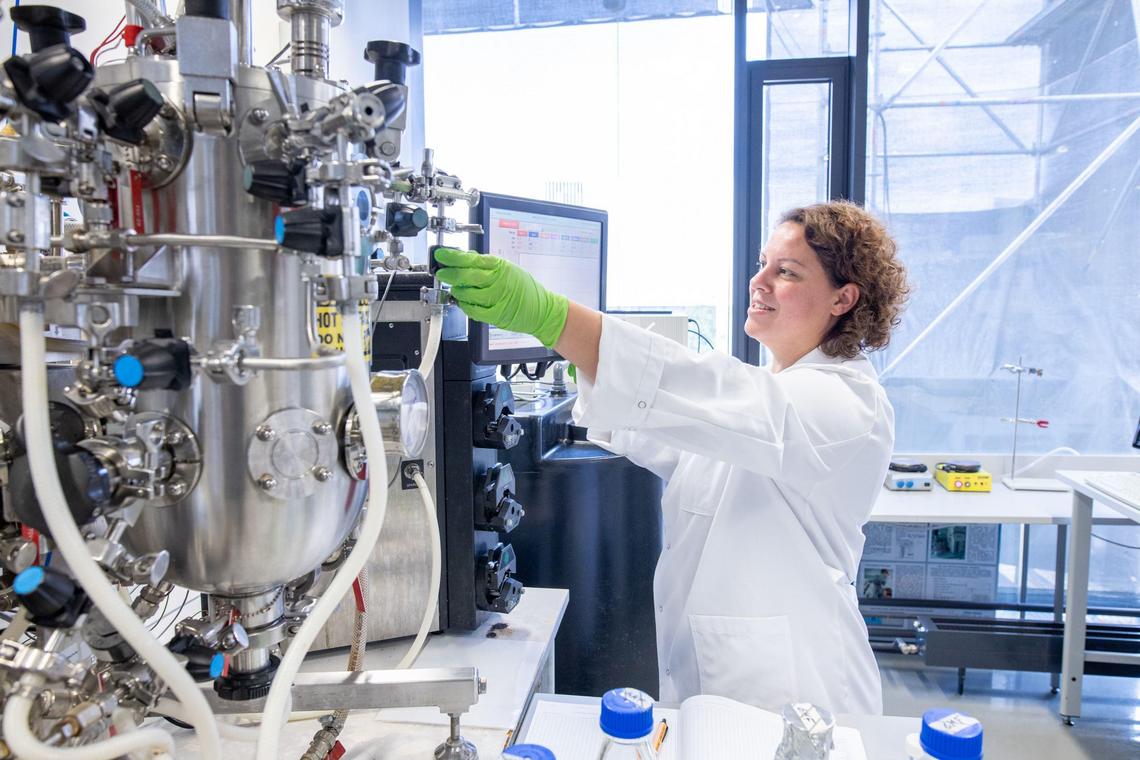Press
Metal recycling opens up new prospects for the future

Raw material recycling is one of the biggest challenges facing modern-day society. In a new research project entitled EvoFerm, an IMC Krems research team specialising in bioprocess engineering has joined forces with the Institute of Science and Technology Austria (IST Austria) to develop an innovative method for making various microorganisms resistant to high concentrations of metals.
The research is centred specifically on using biotechnology to recycle metals, with the help of microorganisms that absorb them. Then, the metals can be separated and concentrated. This process is called biosorption.
Turbocharging microorganism evolution
As part of its research activities as well as in various projects, IMC Krems has laid the groundwork for metal recycling approaches based on biotechnological and, in turn, environmentally friendly and sustainable methods. Rare earths can be found in small quantities in electronic devices, and as the number of such devices in use is growing constantly, demand for these elements is becoming more pressing all the time. So technologies like this are already hugely important, and they look certain to remain so in view of the urgent need to recycle raw materials.
One of the main difficulties associated with developing metal recycling technologies is that the metals which are supposed to be reclaimed are toxic for microorganisms above a certain level of concentration, which places limits on potential methods based on this idea. In order to solve this problem, the joint research project aims to deploy a newly developed system that makes microorganisms used for recycling more resistant against high concentrations of metal ions. The application takes its cue from a method devised by IST Austria in which microorganisms are gradually exposed to increasing concentrations of particular metals using a multifermenter system. This allows for the cultivation of strains that have not been genetically modified, but undergo a kind of accelerated evolution. Strains like these would be exceptionally well suited for use in recycling and sustainable technologies.
With their work, the project research team – Dominik Schild, Wadih Rassy, Doris Ripper, Barbara Entler, Dana Mezricky, Georg Sixta und Uwe Rinner – is aiming to make a contribution to improving both energy and resource consumption by promoting sustainable and eco-friendly recycling of metal ions.
